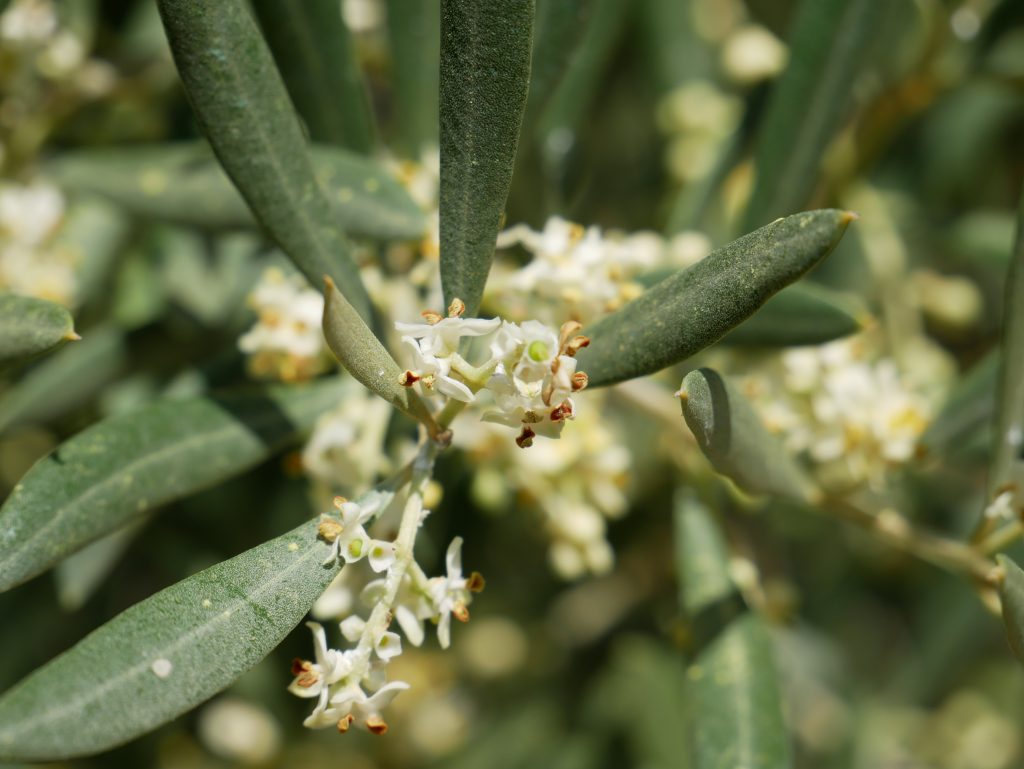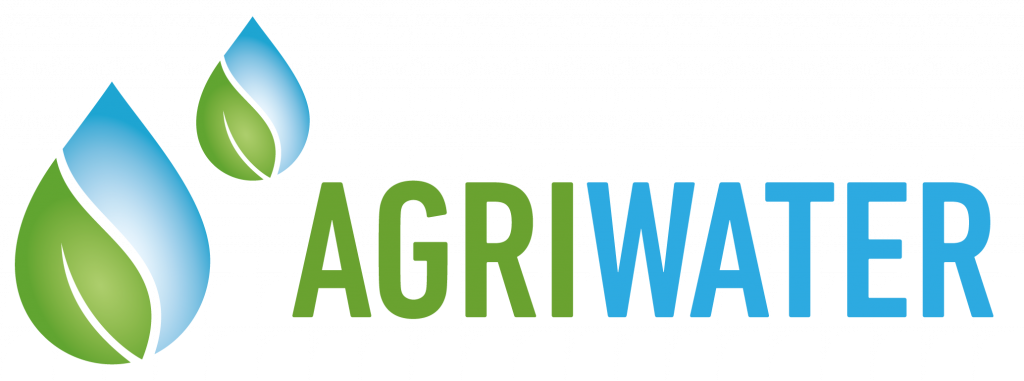Farm area/size of the organisation:
Number of workers:
Farm main activity:
Agricultural insurance is a risk coverage resource available in the Spanish agricultural sector. The insurance has a public component, with Agroseguro being the managing institution at the national level.
The insurance has several systems of coverage. The yield insurance we are analysing in this case seeks to guarantee up to 75 % of the historical yields associated with a farm. This farm has a risk premium linked to the region to which it belongs, and this risk defines the price to be paid per hectare by the farmer who takes out the insurance.
The purpose is to guarantee incomes when an adverse weather event reduces the yield of a farm.
For harvest reductions below the reference yields of that farm, the farmer may report damages, charging the difference between 75% of the reference yield and the yield finally obtained, with a reference price of 30 cnt/kg (in 2014).
The farmer decided to take out insurance in 2014. Their rainfed plantation had a strong yield that year, which together with a warm and dry winter made them anticipate a low harvest the following year.
They took out the insurance in winter and in spring a heatwave damaged the flowering of the province of Jaén, making it the year with the lowest provincial production in the last decade.
Information on insurance can be consulted directly on the Agroseguro website.
Agrarian insurance is distributed through multiple institutions: insurance brokers, financial institutions, cooperatives, and agricultural associations.
These agents provide information, advice, and insurance processing.
COAG Jaén, like other agricultural insurance intermediaries, offers information, training, advice and processing of Agroseguro policies.
The offered services include the preparation of yield calculations, the preparation of budgets and the identification of the module that best suits the farm.
The current cost is around €50/ha. It is the result of applying a 75% subsidy from public funds, which is also included in the tax return.
This cost can be reduced in successive contracts through bonuses and discounts, the aim of which is to ensure the loyalty of farmers who enter the insurance system.
Registration in the CIAS database of the Ministry of Agriculture is needed, so that a starting yield is assigned, which is the reference for all calculations.
The insurance is taken out by adjusting the contract parameters: duration, % coverage, plot or farm scale, etc.
In case of an expected low production, the farmer has to inform Agroseguro, which assesses the impact and applies the compensation.
The system is complex due to the number of modules, coverages and the insurance operation.
It is essential to make knowledge accessible and to adapt the best options to each farm. Case studies, simulations and positive experiences are useful for this purpose.
Ideally, farmers should be able to define their own scenarios, based on a whole understanding of the system.
With 0 yield, the insurance guarantees up to 75% with an excess of 10% and a reference price of 30cnt/€ (in 2014). In the case of Dolores, their reference yield for 350 trees was 56kg/tree. Considering 0kg of production, the result was:
350 trees x 56kg/tree (reference yield) x (75% coverage – 10% excess) x 0,3€/kg = €3.969 €.
It is a balanced system for the current climatic situation in Spain, but the evolution of climate change and its impacts in the medium and long term raises questions.
In a dynamic of recurrent droughts, an entry of many farmers into the system with massive claims would attack its sustainability.
With 0 yield, the insurance guarantees up to 75% with an excess of 10% and a reference price of 30cnt/€ (in 2014). In the case of Dolores, their reference yield for 350 trees was 56kg/tree. Considering 0kg of production, the result was:
350 trees x 56kg/tree (reference yield) x (75% coverage – 10% excess) x 0,3€/kg = €3.969 €.
It is a balanced system for the current climatic situation in Spain, but the evolution of climate change and its impacts in the medium and long term raises questions.
In a dynamic of recurrent droughts, an entry of many farmers into the system with massive claims would attack its sustainability.
The system is managed by public entities that depend on the Ministry of Agriculture. There is strong government support for this model of agricultural insurance. It would be necessary to set up these public agencies and generate the necessary budget to build the system. The aim is not to reward profit but to create a system in which some crops and regions compensate others, with a net result of the system that does not generate a deficit.
“Obtaining information and advice from the system is needed to integrate it as a management tool”.
“You need to be guided by your own experiences rather than by others”.


AGRIWATER project has been funded with the support from the European Commission, with the reference number 2020-1-CZ01-KA204-078212. The content of this website reflects the views only of the author, and the Commission cannot be held responsible for any use which may be made of the information contained therein.

At AGRIWATER we take the protection of your personal data very seriously. Our purpose is to protect the privacy of the data you provide us and to comply with the current regulations on the protection of personal data.
In compliance with the Act 3/2018 of 5 December on the Protection of Personal Data and Guarantee of Digital Rights transposing Regulation (EU) 2016/679, we inform you of the following information about our privacy and data protection policy:
The organization responsible of your data is Asociace soukromeho zemedelstvi Ceske republiky, ID E10133738. This is a non-governmental organization located in Prague, Czech Republic.
Address
Samcova 1177/1
11000
Praha 1
Telephone
+420266710413
+420266710414
Email contact
marketa.sandova@asz.cz
The legal basis for the treatment of your data is the consent of the data subject under article 6.1 a) of the Regulation, as well as the legitimate interest of the data controller under article 6.1 f) of the Regulation.
The data we request from you are adequate, relevant and strictly necessary and in no case are you obliged to provide them to us, but their non-communication may affect the purpose of the service or the impossibility of providing it.
Your data will be kept for the time required for the proper provision of the service offered, as well as to meet the responsibilities that may arise from it and any other legal requirement.
In the course of processing your data, Asociace soukromeho zemedelstvi Ceske republiky may share your data with:
On Projects Advising SL, as web management and maintenance service providers.
The controller retains the right to restrict the rights set forth in Article 23 of the EU Regulation, if such restriction is provided to safeguard, in particular fundamental rights and freedoms and is a necessary and proportionate measure.
If any interested party considers that their data are not being treated correctly, they can send their complaints to the following e-mail address; kristyna.strnadova@asz.cz, Asociace soukromeho zemedelstvi Ceske republiky.
The data subject declares to have acquired all this information.

A cookie is a file that is downloaded and executed on your computer, phone, or mobile device when you access certain web pages. Cookies allow a website, among other things, to store and retrieve information about user’s browsing habits and recognize the user depending on the information they contain and the way they use their computer.
Cookies do not harm your computer and are necessary to facilitate navigation.
Cookies are necessary for our website to work properly. The purpose of our cookies is to improve the user’s browsing experience. They can be used to remember your preferences (language, country, etc.) during navigation and on future visits.
The information collected in the Cookies also allows us to improve the website and adapt it to the individual interests of users, speed up searches, etc.
Analysis Cookies: These, if they are used properly by us or by third parties, allow us to quantify the number of users and thus perform the measurement and statistical analysis regarding the users’ usage of our service.
Advertising Cookies: These, if they are used properly by us or by third parties, allow us to manage as effectively as possible the supply of advertising space on the website, adapting the content of the advertisement to the content of the service requested or to the use you make of our website.
Our cookies do not store information about your personal identification, address, password, credit or debit card details, etc.
The information stored in the website’s cookies is used exclusively by us, apart from those identified below as “third party cookies”, which are used and managed by external entities to provide us with services to improve our own services and the user’s experience when browsing our website.
Third party cookies are mainly used to obtain statistics and to guarantee the payment operations are carried out.
Yes, firstly, you must disable cookies in your browser and, secondly, delete the cookies stored in your browser associated with this website.
You can restrict, block, or delete cookies from this website at any time by modifying your browser settings. This setting is different for each browser. For more details on the configuration of cookies in your browser, please consult your browser’s “Help” menu.
It is possible that some of the website’s features may no longer work if you disable cookies.
These Cookies are used to identify the user during the session, prevent the user from having to repeat authentication processes on the website, speed up some website processes, remember selections made during the session or on subsequent accesses, remember pages already visited, etc.
COOKIES
PURPOSE
DURATION
MANAGEMENT
User identification
They are used to identify and authenticate the user. They also contain technical data from the user session, such as connection timeout, session identifier, etc.
Session
AGRIWATER
Session identification
They identify the user’s http session. They are common in all web applications to identify requests from a user’s session.
Session
AGRIWATER
Navigation status
They help identify the user’s browsing status (login, first page, first access, scroll status, voting status, etc.).
Session
AGRIWATER
These Cookies obtain generic information about users’ accesses to the website (not the content of the same) to subsequently provide us with information about these accesses for statistical purposes.
COOKIES
PURPOSE
DURATION
MANAGEMENT
Google Analytics (__utma, __utmb, __utmc, __utmd, __utmv, __utmz, _ga…)
They allow website statistic’s tracking through the Google Analytics tool, which is a service provided by Google to obtain information about user access to websites. Some of the data stored is: number of times a user visits the website, dates of the user’s first and last visit, duration of visits, from which page the user accessed the website, which search engine was used or which link was clicked, from which part of the world the user accessed the website, etc. The information generated by the cookie about your use of the website will be directly transmitted and stored by Google Inc (a company located in United States). The configuration of these cookies is predetermined by the service offered by Google, so we suggest you consult the Google Analytics privacy page, for more information on the cookies it uses and how to disable them (keep in mind that we are not responsible for the content and accuracy of third-party websites).
Persistent
Third Parties